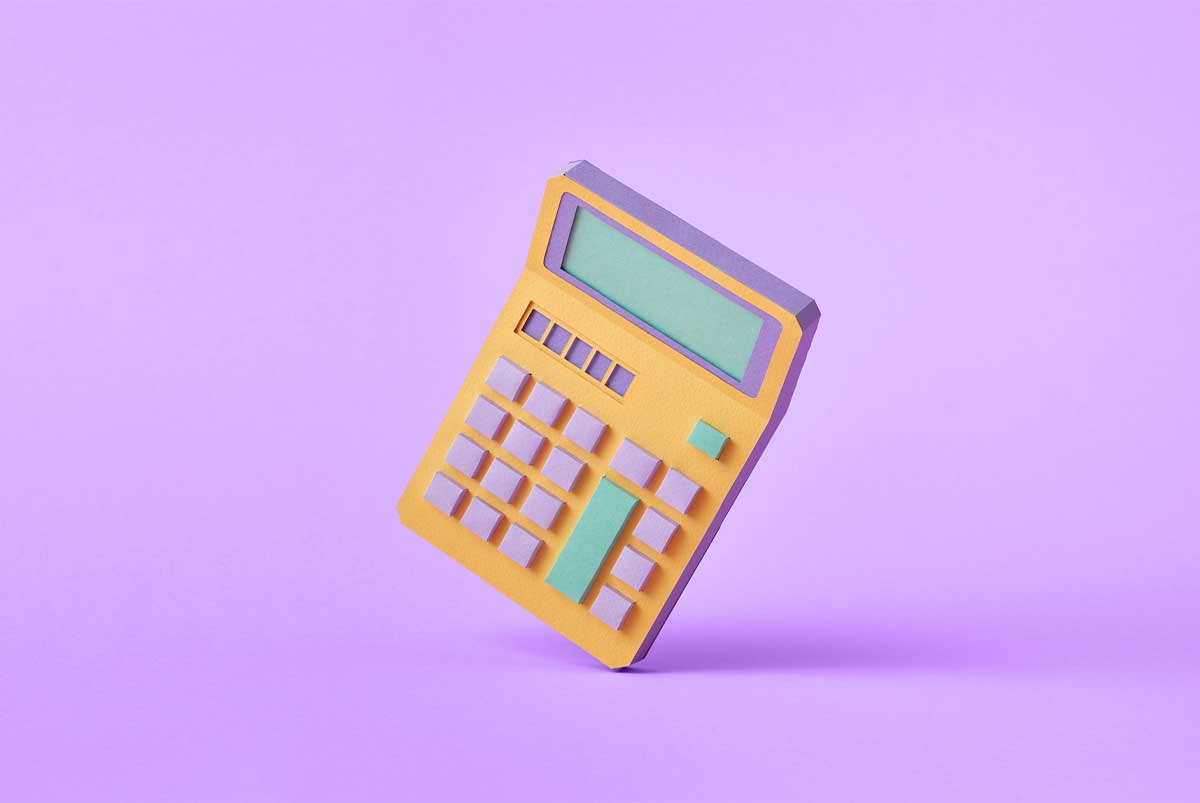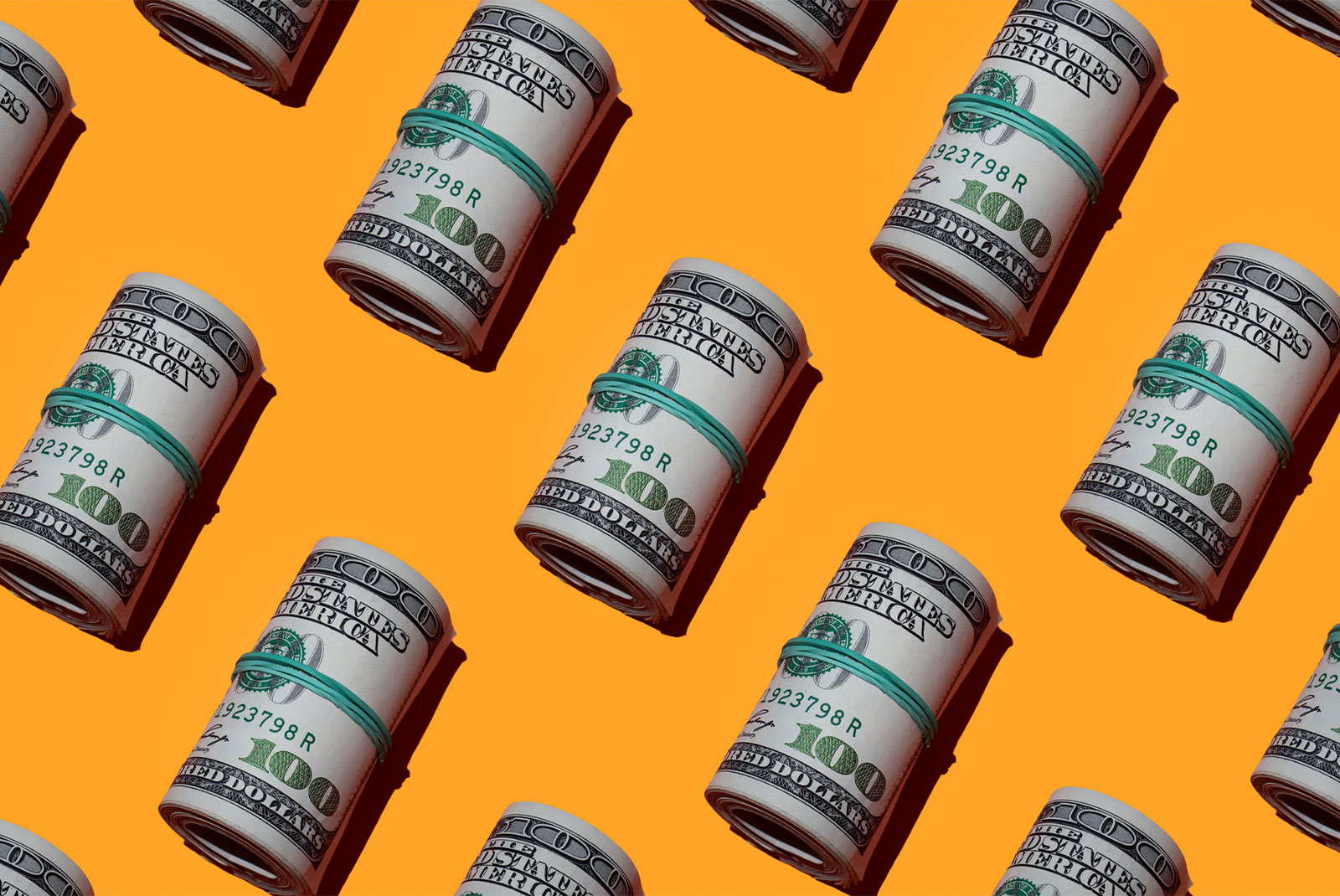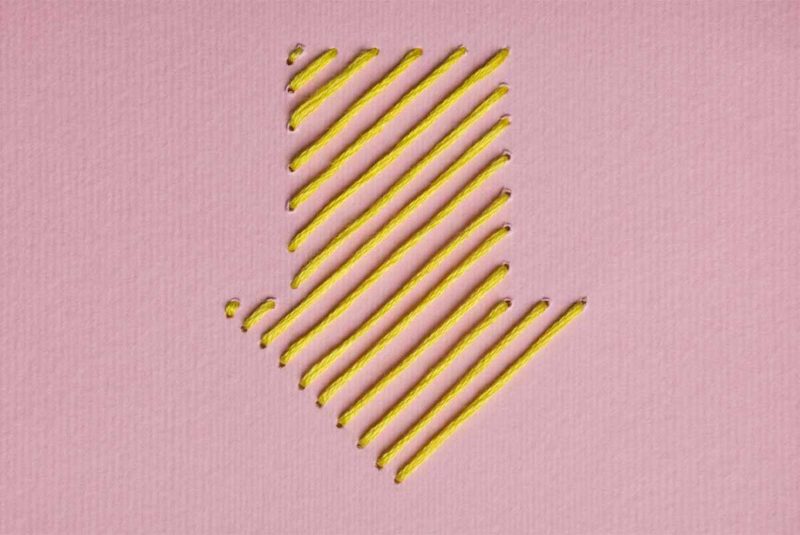Discovering a negative balance on your credit card statement or online account might make you feel worried or anxious. But a negative credit card balance is probably good news. A negative credit card balance means that your card issuer owes you money.
There are several reasons why a negative credit card balance can occur. We’ll explore them below. Plus, you’ll learn how a negative credit card balance can impact your credit scores and your credit limit, and consider which actions you might want to take in this situation.
What Causes a Negative Credit Card Balance?
When you owe your credit card issuer money, your statement balance or the balance in your online account portal will show up as positive number like this: $500.
But if you have a negative balance on your credit card account, it might look like the following instead: -$500.
The minus sign in front of your balance indicates that you have a credit on your account. For some reason, your credit card company owes you money. (Isn’t that a nice change?)
Here are several reasons why you might have a negative credit card balance:
You overpaid your credit card bill
Imagine you had a $500 account balance but you sent your card issuer a $900 payment by mistake. Your updated balance would be -$400 in this scenario thanks to the overpayment.
A merchant issued a refund
When you make a return to a merchant, it will generally send a refund to the credit card you used to make the purchase. If the refund is larger than your account balance, you could end up with a negative credit card balance. Here’s an example.
Many people received refunds in 2020 and 2021 when travel plans were canceled during the coronavirus pandemic. People purchased flights with their credit cards and paid off their credit card balances afterwards.
So, when airlines canceled flights and started to issue refunds, many people wound up with negative credit card balances as a result.
Your issuer refunded credit card fees
There are instances when your credit card issuer might refund an annual fee, late fee, interest charges, etc. Sometimes these refunds are a matter of customer service. Other times, a card issuer might refund fees or interest because it made a mistake. Regardless of why the card issuer refunds a fee, if you already paid your bill and have a zero balance at that time, your new balance would be negative.
Your credit card company gave you a statement credit
Getting a statement credit from your card issuer that’s greater than your account balance is another scenario that could trigger a negative balance on your credit card.
You filed a credit card chargeback
When you discover fraudulent charges on your credit card account, you can file a credit card chargeback request. You can also file a chargeback when you disagree with a charge and you can’t work things out with the merchant.
When your credit card issuer receives your dispute it will start an investigation. If your credit card company agrees that the charge was fraudulent or erroneous, it will credit the amount back to your account. This refund could result in a negative balance if the credited amount exceeds your current account balance.
How Does a Negative Credit Card Balance Impact Your Credit Scores?
When you have a negative credit card balance, you can see it on your statement or your online account portal. But if you check your credit report from Equifax®, TransUnion®, or Experian™, you won’t find a negative balance listed there. Instead, the account balance will show as $0.
Since a negative balance won’t appear on your credit reports, it cannot impact your credit scores. Credit scoring models like FICO® and VantageScore® only consider the information on your credit reports — nothing more.
That being said, the fact that your credit card balance is $0 might help your credit scores. If your credit reports show a $0 balance for every credit card, your credit utilization rate will be 0%. And 0% credit card utilization certainly could work in your favor.
Credit myth alert
It’s worth debunking a credit myth here that you might come across. Some people believe that overpaying your credit card will give you a credit score boost. The idea behind the myth is that a negative balance essentially gives you a higher credit limit and lowers your credit utilization rate.
However, this idea is false. A negative balance doesn’t show up on your credit reports. Therefore, it won’t improve your credit scores any more than a $0 balance might benefit you.
How Does a Negative Credit Card Balance Impact Your Credit Limit?
Some people get nervous when they see a negative balance on their credit card statement or online account portal. One of the reasons a negative balance makes people worry is because they think it indicates a lower credit limit.
That isn’t the case. A negative balance does not lower your credit limit. At the same time, it doesn’t increase your credit limit either.
However, a negative balance on your credit card can temporarily increase the amount of money you can spend on your account. You can see how this plays out in the following scenario.
- Credit limit: $15,000
- Credit balance: -$1,000
- Total amount available to spend: $16,000
You would have the ability to spend $16,000 on the card in the example above due to the credit balance on the account. Nonetheless, your credit limit doesn’t change.
Actions You Can Take When You Have a Negative Credit Card Balance
Ask for a refund
Your card issuer won’t automatically send you a check as soon as you have a negative account balance. But you can ask your credit card company to send you those funds in the form of a refund.
We recommend this method if you have a large negative balance so you can have access to those funds quickly.
Depending on the card issuer, it might send your funds by:
- Check
- Money order
- Direct deposit to your bank account
You may also be able to visit a branch location (if available) and request a refund in person.
Federal law (Regulation Z of the Truth In Lending Act) requires credit card companies to refund credit balances within 7 business days after you send a written request.
Use the credit
Another course of action you can take when you have a negative balance on a credit card is to use the credit for new purchases. As you make new charges on your account, your card issuer will deduct the amount you spend from your credit balance.
Imagine you have a -$400 negative balance and you charge $200 on your account. Your balance would update to -$200 in this scenario. As you keep using the card, the negative balance will creep back toward zero.
If you keep making new charges until you use up the credit balance and beyond, you’ll eventually owe your card issuer money once again.
Do nothing
If you don’t request a credit balance refund and you don’t use the credit for new purchases, your credit card company will take care of things for you. Regulation Z says card issuers must refund any credit balance that stays in your account for more than 6 months.
What Happens When You Close an Account With a Negative Balance?
It’s important to exercise caution when you close any credit card account. Closing a credit card has the potential to hurt your credit scores.
However, if you do opt to close a credit card that has a negative balance, federal law will protect you. The card issuer still has to abide by the requirement to return any credit card balance that remains on the books for more than 6 months.
You can also ask your former credit card company to send you a refund sooner rather than later, if you prefer. You can send a certified letter to request the return of your negative balance, but a phone call might do the trick as well.
What Should You Do?
For the most part, there’s nothing negative about a negative credit card balance. A negative balance doesn’t put your account into negative standing with your credit card company. It also won’t damage your credit scores or affect your credit limit.
From a personal finance standpoint, however, it’s probably better to ask for a refund if the credit balance is sizable. Getting a refund will let you deposit the funds back into your checking or savings account. After all, if the card issuer hangs onto your money, it will be able to enjoy any interest your cash earns instead of you.
The Short Version
- A negative credit card balance means that your credit card issuer owes you money
- A negative credit card balance can happen if you overpay your bill, get a refund, or earn a statement credit
- A negative balance doesn’t show up on your credit reports. It won’t improve your credit scores any more than a $0 balance might benefit you




